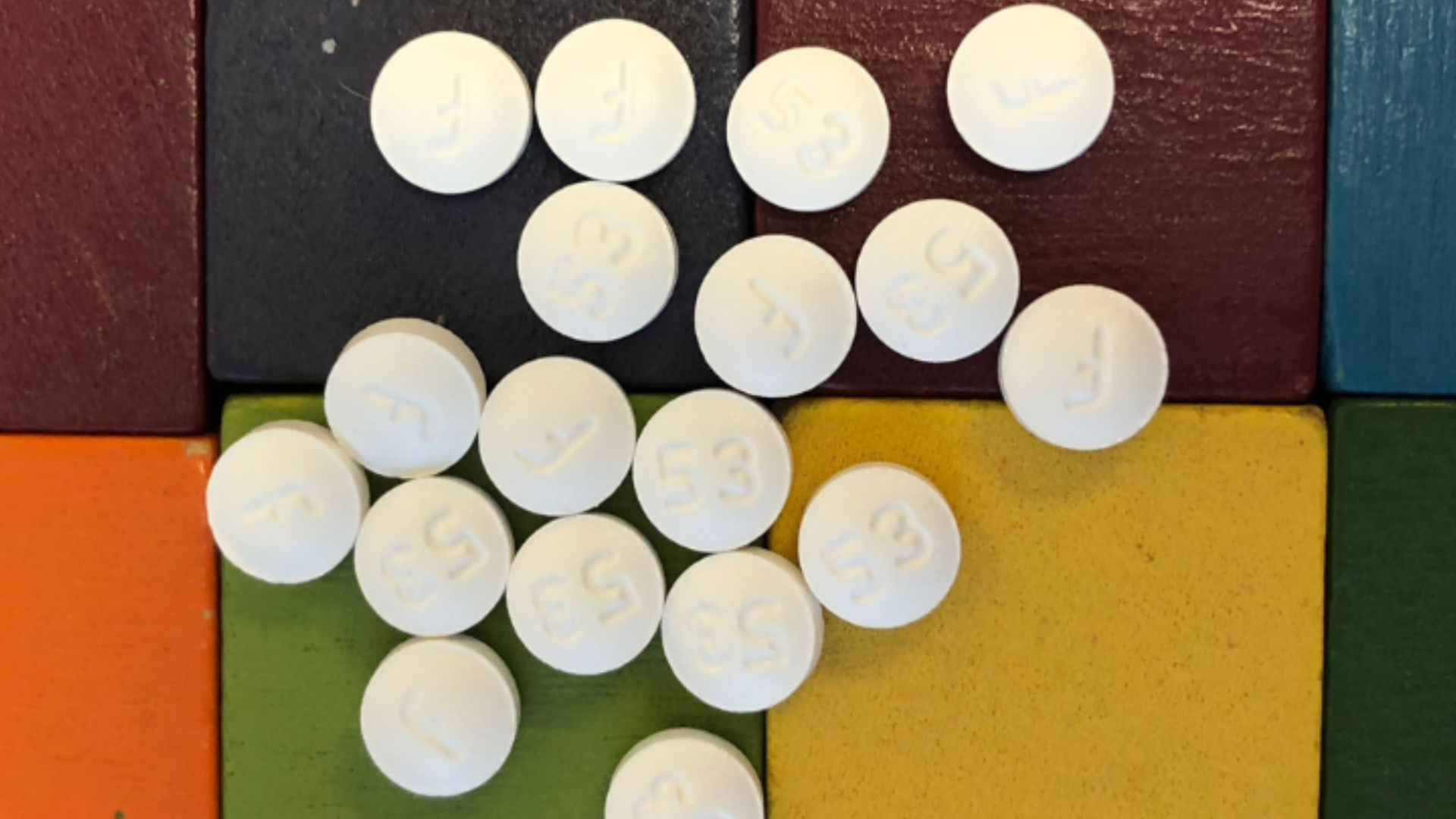The Pros and Cons of Using Generic Drugs

The last time you had a prescription filled, chances are it was for a generic drug, a medication that's biologically equal to a brand-name drug in terms of dosage, safety, strength, quality, performance characteristics, the way it's taken and should be used.
In fact, a record 86% of prescriptions dispensed in 2017 were for generic drugs versus brand-name drugs according to IQVIA, one of the world's largest contract research organizations.
Why, exactly, are generic medications so popular?
Here's a closer look at the pros and cons of generic medications:
The Pros of Generic Drugs
- Lower cost: By far, the main reason so many people opt for generic drugs is that they're less expensive than brand-name drugs. According to the U.S. Food and Drug Administration (FDA), generic medications can cost, on average, 85 percent less than brand-name equivalents.
- Safety: A generic medicine must meet high standards to receive approval from the FDA, proving it works in the same way and provides the same clinical benefit as its brand-named version. Plus, the FDA conducts 3,500 inspections of manufacturing plants a year to ensure compliance with the agency's regulations on good manufacturing practices.
The Cons of Generic Drugs
- Risk of sensitivity or intolerance: By law, the active ingredient in a generic drug must be the same as the original drug, but generics may include different inactive ingredients such as preservatives or fillers. These differences rarely cause any clinically significant problem for the patient, but in rare situations, a patient might have a sensitivity or intolerance to these inactive ingredients.
- Medicines can look different: Trademark laws prohibit a generic drug from looking exactly like its brand-name version, so if you've switched to a generic drug, its shape, color or size may be different from what you're accustomed to taking. What's more, when you refill a generic prescription, the refill could be made by a different manufacturer and look different. This can possibly lead to medication confusion or errors, which is why pharmacies put unique labels on medicine vials to alert you to any changes in your drug's appearance.

